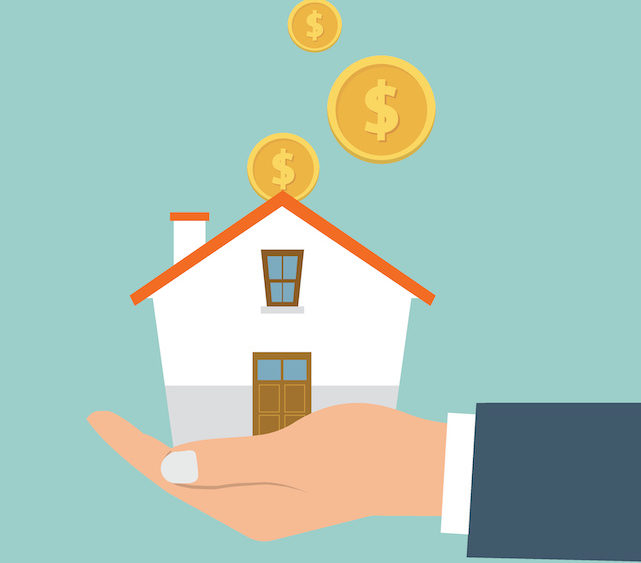Should you Refinance Your Mortgage?
With mortgage rates still at record-breaking lows, thousands of people across America are refinancing their current mortgage. Mortgage refinancing is when you replace your current home loan with a new loan that offers lower interest rates in order to cut monthly payments, reduce the amount of time left on your loan, or give you cash in exchange for your equity. Read on to discover why you should consider refinancing your mortgage and how to get started.
Why should you refinance?
- You want to lower your monthly payments. If you want to pay less each month, you can refinance your loan to take advantage of today’s lower interest rates. Another way to reduce your monthly payments is by extending the term, or duration, of your loan through refinancing.
- You need cash. You can refinance your loan to get a cash-out which allows you to access the equity in your home to cover expenses such as renovating. Remodeling your home can add value, which will make you more money in the long run.
- You want to pay off your mortgage faster. You can refinance your mortgage from a 30 year to a 15 year, which reduces the amount of time you spend paying your mortgage and reduces your interest overall. However, this may increase your monthly payments.
- You want to switch from an adjustable-rate mortgage to a fixed-rate mortgage. If you prefer steady payments, you can refinance your variable mortgage loan and get a fixed-rate mortgage where interest rates stay the same. This will prevent fluctuations in your monthly payments.
How do you refinance your mortgage?
Here are the 8 steps to refinancing your mortgage:
- Set a goal. You should have a clear reason for refinancing, making sure your new mortgage meets those goals, whether you want to take cash out of your equity or reduce your monthly payments.
- Check your credit score. Similar to applying for your first mortgage, you will need a good credit score to qualify for your new mortgage and get awesome rates.
- Determine your home equity. To make the most of refinancing, you should have more than 20% equity. Your home equity is the value of your home minus what you owe the lender for your mortgage.
- Talk to your lender. Your Resource mortgage banker will go over the refinancing options are available to you.
- Be open about your finances. Gather everything your mortgage banker requests from you regarding your finances. This will include proof of income, pay stubs, tax returns, credit information, assets and liabilities, and home appraisal.
- Prepare for the appraisal. Like any mortgage, your lender will require an appraisal to evaluate your home’s current market value.
- Have money set aside for closing costs. You will need to pay closing costs to refinance your mortgage. It is best to have a few thousand dollars set aside for this purpose.
- At Resource Financial Services, we love making people’s dreams of home ownership a reality. Visit us online today at rfsmortgage.com to get started. Then contact a Resource Financial Services mortgage banker at 877.797.4545 to discuss your mortgage options and your financial goals. Let us guide you through the process and welcome you home to a better mortgage.
Helpful tools for refinancing your mortgage.
- Refinancing Calculator
- Mortgage Calculator
- Find a mortgage expert that can help you in your refinancing process
Related articles


Comments are closed.